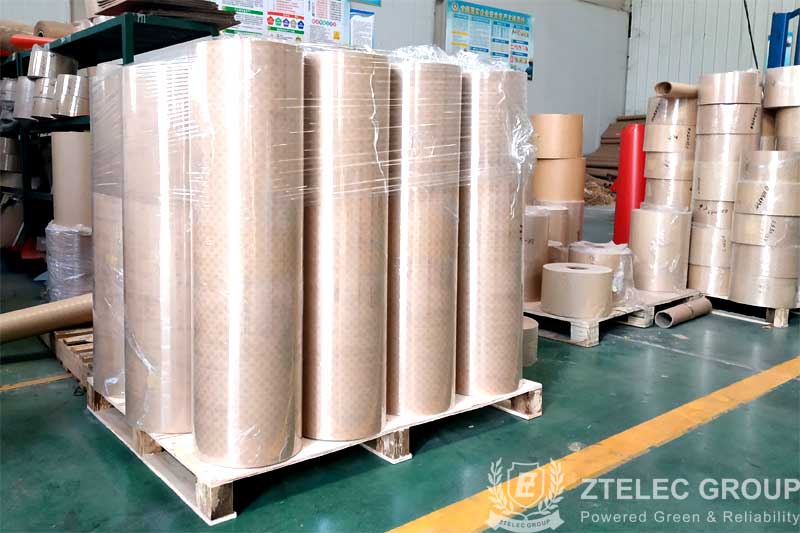The performance of insulating materials is usually directly related to several aspects, so which indicators will affect the performance of insulating materials?
1. Insulation resistance and resistivity
Resistance is the reciprocal of conductance, and resistivity is the resistance per unit volume. The smaller the electrical conductivity of the material, the greater its resistance, and the two are in a reciprocal relationship. For insulating materials, it is always desirable that the resistivity be as high as possible.
2. Relative permittivity and dielectric loss tangent
There are two uses of insulating materials: mutual insulation of various parts of the electrical network and the medium of capacitors (energy storage). The former requires a small relative permittivity, the latter requires a large relative permittivity, and both require a small dielectric loss tangent. Especially for insulating materials used under high frequency and high voltage, in order to make the dielectric loss small, it is required to use insulating materials with a small dielectric loss tangent.
3. Breakdown voltage and electric strength
Under a certain strong electric field, the insulating material breaks down and loses its insulating properties and becomes a conductive state, which is called breakdown. The voltage at breakdown is called breakdown voltage (dielectric strength). Electrical strength is the quotient of the voltage when breakdown occurs under specified conditions and the distance between the two electrodes that bear the applied voltage, that is, the breakdown voltage per unit thickness. For insulating materials, the higher the breakdown voltage and electrical strength, the better.

4. Tensile strength
It is the maximum tensile stress that the sample bears in the tensile test. It is the most widely used and most representative test for the mechanical properties of insulating materials.
5. Combustion resistance
Refers to the ability of insulating materials to resist burning when in contact with flames or prevent continued burning when they leave the flames. With the increasing application of insulating materials, the requirements for their combustion resistance become more important. People use various means to improve and enhance the combustion resistance of insulating materials. The higher the combustion resistance, the better the safety.
6. Arc resistance
Under the specified test conditions, the ability of the insulating material to withstand the arc action along its surface. In the test, AC high voltage and small current are used to judge the arc resistance of the insulating material by the time required for the formation of a conductive layer on the surface of the insulating material by the arc effect generated by the high voltage between the two electrodes. The larger the time value, the better the arc resistance.
7. Sealing degree
The sealing and isolation of oil and water quality is better.
If you are attractive to our products, please send us a message and we will contact you as soon as we receive it. Email: info@ztelecgroup.com Whatsapp: +8615716749170